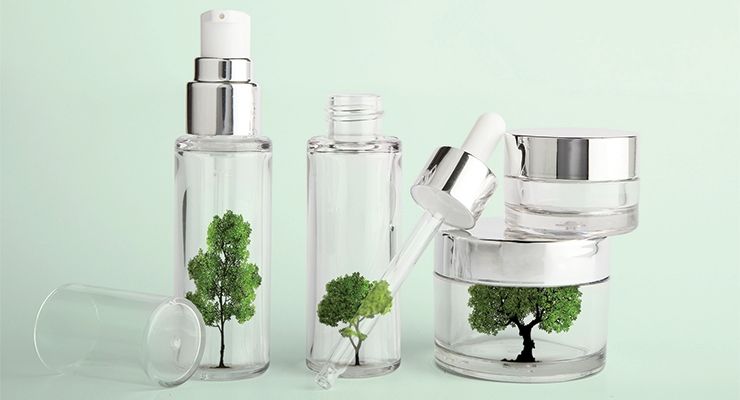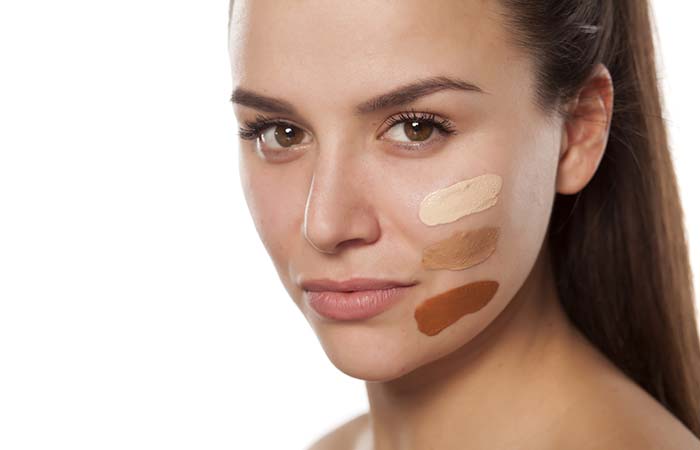The relationship between makeup and mental health is a complex one, often underestimated in its significance. For centuries, cosmetics have been used not just as tools for beautification but as a means to boost self-esteem and confidence. In today’s world, where the spotlight is always on us, thanks to social media and an increasingly image-conscious society, makeup plays a pivotal role in helping individuals feel more self-assured. Let’s delve into how cosmetics can positively impact mental health by enhancing one’s confidence.
- Self-expression and creativity: Makeup is an art form, and like any art form, it allows for self-expression and creativity. For many, applying makeup is a daily ritual that provides a creative outlet and helps them express their personality. By experimenting with different colors, styles, and techniques, individuals can develop a sense of identity and self-worth. This creative aspect of makeup can significantly boost self-confidence as it allows people to showcase their uniqueness.
- Enhancing physical appearance: Makeup can be a powerful tool to enhance one’s physical appearance and diminish imperfections, whether they are acne scars, blemishes, or under-eye circles. When people see a reflection that aligns more closely with their ideal self, it often leads to an increase in self-esteem. This transformation can be especially important for individuals dealing with skin conditions or other physical features that have caused them insecurity.
- A confidence booster: It’s no secret that when we look good, we feel good. Makeup can act as a confidence booster, helping people feel more assured and ready to face the world. The act of applying makeup can be meditative and empowering. It’s a ritual that allows individuals to start their day with intention, and this alone can have a positive impact on mental well-being.
- Protection against judgment: In today’s digitally driven society, where appearances are often scrutinized, makeup can serve as a protective shield against judgment. For some, it’s a way to project a more polished and put-together version of themselves, making them feel less vulnerable to criticism. This can be particularly important in a world where online trolls and cyberbullying have become prevalent.
- Social interaction: Makeup can also facilitate social interaction and boost confidence in social situations. When individuals feel they look their best, they are more likely to engage with others, make new friends, and build relationships. The social aspect of makeup can be a powerful tool for combating feelings of isolation and loneliness, which are known to have detrimental effects on mental health.
- Ritual and self-care: The act of applying makeup can be a form of self-care and a daily ritual that promotes mindfulness. It’s a few minutes of the day when individuals can focus solely on themselves, their physical appearance, and their emotional state. This self-awareness and self-love can translate into increased self-confidence, as it encourages a positive relationship with one’s body and appearance.
- Empowerment and control: Makeup gives individuals a sense of control over their appearance. This feeling of empowerment can be particularly important for people who have experienced a lack of control in other areas of their lives. It allows them to take charge of how they present themselves to the world, promoting a sense of self-worth and autonomy.
While makeup can be a valuable tool for boosting confidence and positively impacting mental health, it’s essential to remember that it should never be a substitute for addressing underlying issues or seeking professional help when needed. In some cases, relying too heavily on makeup to boost self-esteem can mask deeper emotional or psychological concerns.
In conclusion, the relationship between makeup and mental health is multifaceted. Makeup can be a powerful confidence booster, enhancing self-expression, creativity, and physical appearance. It can also provide protection against judgment, facilitate social interaction, promote self-care, and empower individuals by giving them control over their appearance. When used mindfully and in moderation, makeup can be a valuable ally in the journey toward improved mental well-being and self-confidence.





